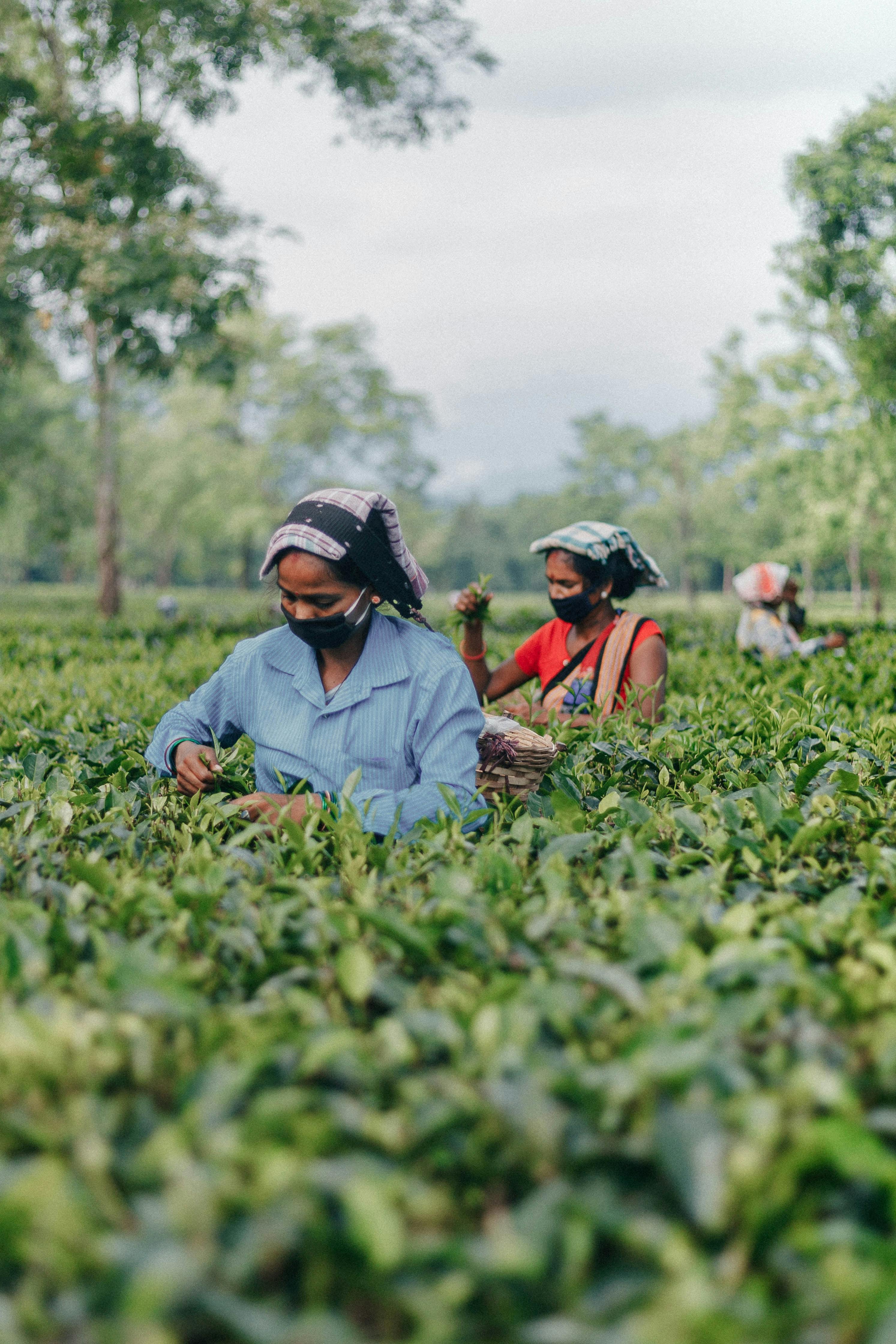Although a new concept for Australian business, the modern slavery legislation has followed in the footsteps of the UK who have had a Modern Slavery Act in place since 2015. This means that we are free to learn from the experience of organisations who are a several years into dealing with modern slavery in their supply chains.
As will be the case for Australian companies with the online government run repository of modern slavery statements available to the public, UK companies have had their statements analysed and compared. Those that have failed or barely complied have been called out and those who have shown leadership and real progress have been rewarded.
Below we present three examples of organisations that have best practice approaches to addressing the risks of modern slavery. In case you don’t have time to read the detail, here are the take away learnings from these leading organisations:
- All leading organisations started with strong executive support and commitment.
- Everyone will find some risk in their supply chain and there is merit and reward in sharing this knowledge and being transparent.
- Get stuck in! A deep level of supply chain knowledge doesn’t happen overnight but is a product of years of progress and information gathering.
- Stakeholder engagement produces better outcomes for everyone.
- Help your suppliers help you. Provide support through training, resources and communication that encourages and creates trust.
- Get creative with your communications. There is a need for widespread education and engagement on modern slavery.
- The opportunity for competitive advantage is real. The legislation can be either another bureaucratic hoop or a chance at leadership and business improvement.
Marks & Spencer
Marks & Spencer dived straight in to their supply chains and have assessed risks in their retail operations, property portfolio, logistics, HR, and IT, as well as product supply chains. They have publicly shared detail they have gathered through supplier engagement and risk assessment in their interactive supply chain map. The map includes their supplier’s names & addresses, presence of fair-trade organisations and ratios of male to female employees. In efforts to support their suppliers and partners, they have developed a Modern Slavery Toolkit which includes education on modern slavery, a checklist of practical actions for businesses to understand their supply chains risk and how to write a modern slavery statement.
CH2M
CH2M is an international construction and engineering company and were named one of the world’s most ethical companies by the Ethisphere Institute nine consecutive years since 2009. The executive at CH2M committed to an ethos of sustainable working practices, and CEO Jacqueline Hinman championed the cause. CH2M engaged a consultant to help develop fair and safe employment practices in their supply chains through a global policy on worker welfare. Twelve departments directly affected by the new policy were engaged so that all stakeholder needs were understood. The global policy ‘Employee Ethics and Business Conduct Principles’, translated into eight different languages was 15 months in the making. It’s focus covered issues including fair worker recruitment, payment practices, accommodation and living standards and combines all of CH2Ms ethics and compliance policies and tools.
Best of all is their ‘Little Yellow Book’ which describes their company’s commitment to ethics with a set of illustrated principles. It’s a simple and accessible communication tool on their core values and expectations for all stakeholders, helping them to build their culture of an ethical organisation.
Marshalls
Marshalls is a supplier of landscape products to 60 countries, with over 50 operational sites in the UK. Marketing director Chris Harrop witnessed first-hand in India at their supplier sites children as young as six years old working in quarries and manufacturing, the exploitation of families in poverty, hunger and food insecurity, contaminated water and no healthcare. Marshalls went on to change the way they do business and simplified their procurement of sandstone down to one supplier in India, developing an in-depth and trusted relationship. All other Marshalls stone products are now sourced from a narrow group of selected countries.
Marshalls avoided the common box ticking exercises and instead took the approach of collaboration. To establish meaningful and lasting change they started by finding a supplier with similar values and a commitment to quality. They rolled out a suite of activities including supporting the supplier to develop a human resources department, partnering with local NGOs to deliver workers rights education and healthcare and processes to ensure that safety masks are issued, and wages are paid on time.
They have since become the leader in modern slavery rolling out an awareness program across their UK operations, creating their own certified sustainability training program, becoming an accredited Living Wage Employer and launching the first ‘ethically sourced sandstone range’. Marshalls started with the focus on child labour in sandstone and is using the same process to understand the rest of the business risks.
The icing on the cake is the complete supply chain transparency which they have made publicly available with an Ethical Risk Index. Their Ethical Risk Index gives each and every product a score on its ethical risk. This includes environment, governance, empowerment, health and safety to social well-being risks. Providing an excellent educational tool on the challenges of our everyday products.
Edge’s experience in supply chain risk assessment, sustainable procurement services and specialised tools such as Life Cycle Assessment means that we are well placed to help business achieve best practice rather than simply comply to legislation.
To find out more please get in touch with us by contacting Nicole Thompson (nicole.thompson@edgeimpact.global)








